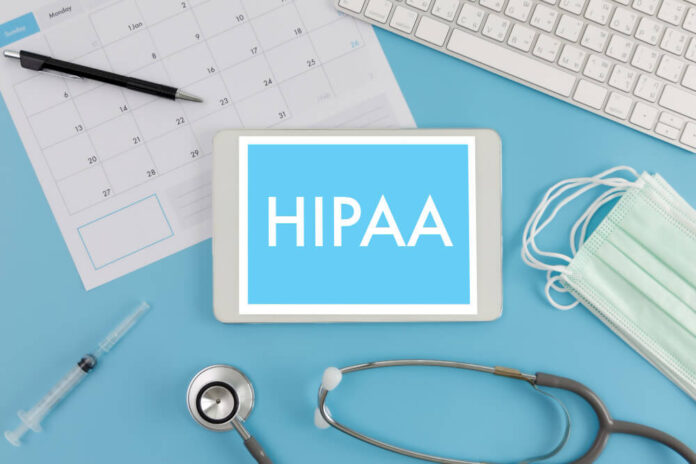In today’s healthcare world, safeguarding patient information is more critical than ever. This is where HIPAA, or the Health Insurance Portability and Accountability Act, comes into play. It puts certain standards in place to ensure patients’ sensitive data is protected.
However, the real challenge lies in effectively training employees to adhere to these standards. Many organizations struggle with making HIPAA training engaging, comprehensive, and efficient. In this article, we’ll explore four proven tips that can significantly enhance the efficiency of employee HIPAA training.
From leveraging technology to personalizing learning experiences, these tips are designed to not only comply with regulations but also to foster a culture of privacy and security within your organization.
How to Enhance Employee HIPAA Training Efficiency
To develop an effective training program, specialized training sessions, a focus on business associate agreement, interactive training materials, frequent updates, and ongoing monitoring must be included.
By investing in ongoing employee education and awareness, the organization lowers its risk of HIPAA violations and increases the security of patient data, ultimately increasing its credibility and reputation. Now, let’s look at some ways an organization can enhance employee HIPAA training efficiency.
Customize Training for Job Roles
Providing generic HIPAA training to all employees can be overwhelming and inefficient. Therefore, customizing training based on specific job roles is crucial to ensure employees receive relevant and actionable information.
For example, nurses, technicians, and administrative staff should receive training tailored to their roles and responsibilities, such as handling medical records, administering medications, or handling patient inquiries. Organizations can make training more efficient and impactful by focusing on specific job functions.
Leverage technology
Another way an organization can enhance employee HIPAA training efficiency is by leveraging technology. Online training platforms offer numerous benefits, including accessibility, scalability, and the ability to track progress.
Employees can access training anytime and anywhere by utilizing interactive modules, videos, and quizzes, making it more convenient. Technology also allows organizations to measure and track training completion, ensuring compliance and that employees receive the necessary training.
Continuous Training and Development
HIPAA regulations are constantly evolving, so employee training should be ongoing. Providing regular updates and refresher courses is crucial to keep employees informed and educated about the latest regulations and guidelines.
It ensures that employees remain compliant and have the necessary skills to protect patient information. Continuous training and development programs also demonstrate the organization’s commitment to employee safety and compliance.
There should be more than one HIPAA training session. Ensure continuous employee compliance by creating a tracking and evaluation system. Check if they are familiar with HIPAA rules regularly and identify any areas that need improvement.
A quiz, a simulation, or a mock audit can accomplish this. A proactive monitoring approach can help you quickly handle compliance problems and reduce risks.
Incorporate Scenario-Based Learning
Introducing scenario-based learning into employee HIPAA training can significantly enhance efficiency. By presenting real-world scenarios, employees can practice and apply their knowledge practically.
This hands-on approach allows for immediate feedback and helps employees understand the potential consequences of HIPAA violations. Scenario-based learning also helps employees develop critical thinking skills and problem-solving skills, making them more prepared to handle HIPAA-related situations that arise.
Final Note
Enhancing employee HIPAA training efficiency is crucial for healthcare organizations. Organizations can improve the effectiveness of their training programs by taking advantage of the tips we have mentioned above.
That way, they will be able to better safeguard patient information by prioritizing employee HIPAA training and ensuring compliance with regulatory requirements.
















